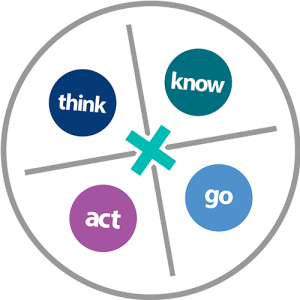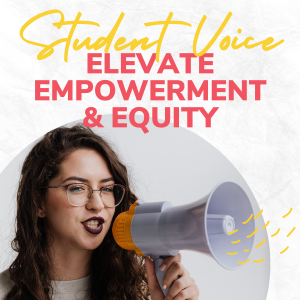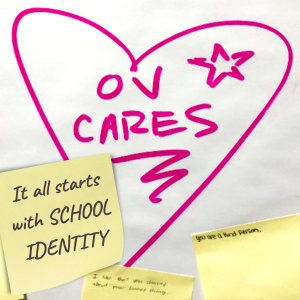At EPIC, we have been doing a lot of work around equity to support educators and administrators. Partnering with schools and districts up and down the west coast, we have the opportunity to engage with schools that are generally filled with students who have historically been underserved. One of the struggles schools have with addressing equity is not lack of passion, but rather a lack of how. How do we tackle equity? Furthermore, how do we create schools that really support ALL students and what are the practical ways to do this?
Over the past few months, EPIC has explored components that schools need in order to have equitable outcomes. Five components emerged based on the research and what we’ve seen in schools that are having success. The five components that rose to the top were
- relationships,
- student voice,
- metacognitive skills,
- social justice,
- and family and community engagement.
We are currently in the process of integrating these five especially relevant components through our organization’s School Success Model. At the foundation of our School Success Model is the importance of values, beliefs, and theoretical frameworks.

We recently attended an Equity Symposium hosted by San Diego County Department of Education and had the opportunity to teach but also learn about equity. I was particularly excited because I have devoted my life to promoting equity in education and social service arenas. During our presentation, we walked educators through the School Success Model and asked questions around the five components and where they live in the organization. Folks started to see that while many of them have the values and beliefs that support the concept of equity, their systems and structures are not set up in a way that reinforces these components.
One example that we looked at was taking a master schedule and asking the question “Does it support building relationships between student and student, staff and students, and staff and staff?” The answer in most cases was definitely not. To further explore the issue, we ask: “If relationships are part of your values and beliefs then how can you work with your master schedule to create opportunities?”
This is just one example of how systems that do not align with values and beliefs undermine opportunities for student success. Furthermore, this is especially relevant to students in underserved populations and struggling schools. This needs to change. Everywhere.




